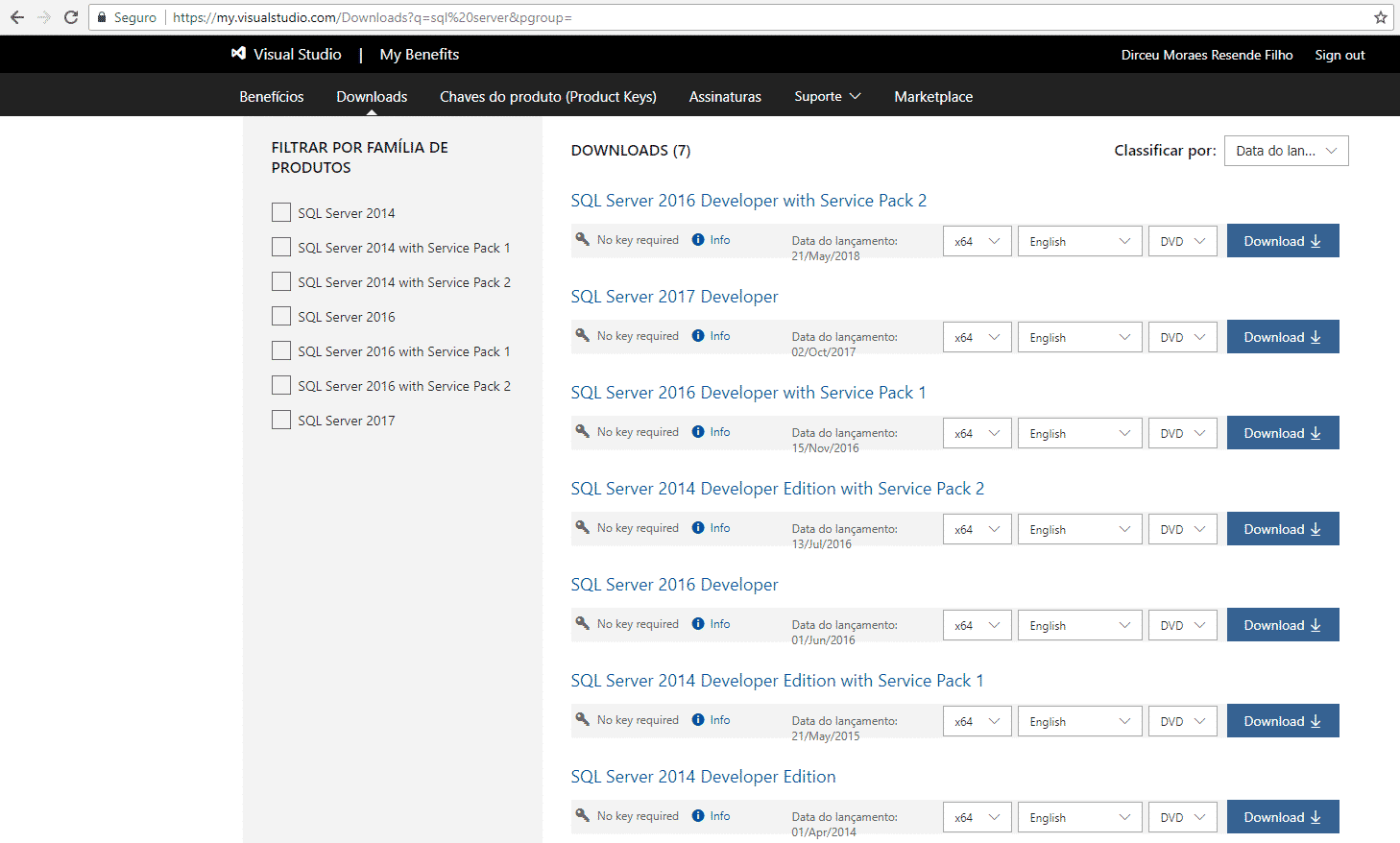
They can do this to keep track of projects, or for inventory or bookkeeping purposes, etc. So such individuals can create an Access database themselves without any outside help. In many cases, Access is already installed on their computer (via the Microsoft Office suite of products) and so they can just fire it up and fumble their way through.
#SQL SERVER 2016 EXPRESS VS MYSQL HOW TO#
Many business professionals and subject matter experts know how to use Access but have no idea where to start with SQL Server.Įven if they have no Access skills, the learning barrier is much smaller than with SQL Server. One thing that makes Access attractive to individuals and small business is that a relatively non-technical person can whip up a database in no time using Access. In these cases, Access will often fit the bill perfectly. There are times where a more modest database might be all that is required. While SQL Sever is a much more powerful system than Access, there are many cases where it makes more sense to use Access instead of SQL Server. They can also have a lot of people trying to access the database at the same time. So at that level, SQL Server will win every time. Medium to large organisations can have some pretty large requirements when it comes to storing data. SQL Server can have up to 2,147,483,647.įor any medium to large business, this makes SQL Server the obvious choice for enterprise level solutions and other mission-critical applications.


And both have a large presence in organisations across the world.īut between Access and SQL Server, there are some significant differences.įirst of all, there’s the technical side. Both are relational database management systems.

This article looks at some of the differences between Microsoft Access and SQL Server.īoth Access and SQL Server are developed by Microsoft.


 0 kommentar(er)
0 kommentar(er)
